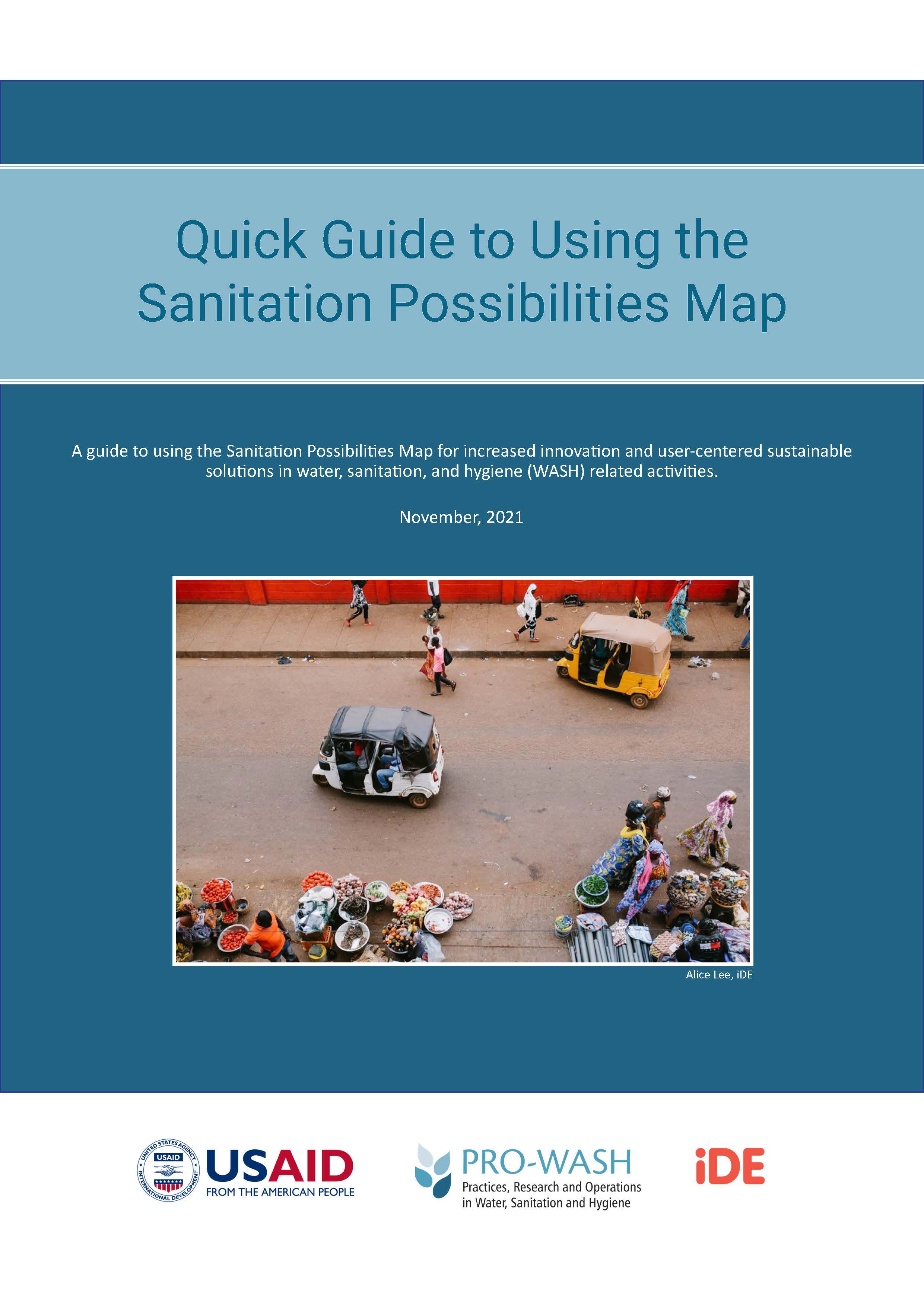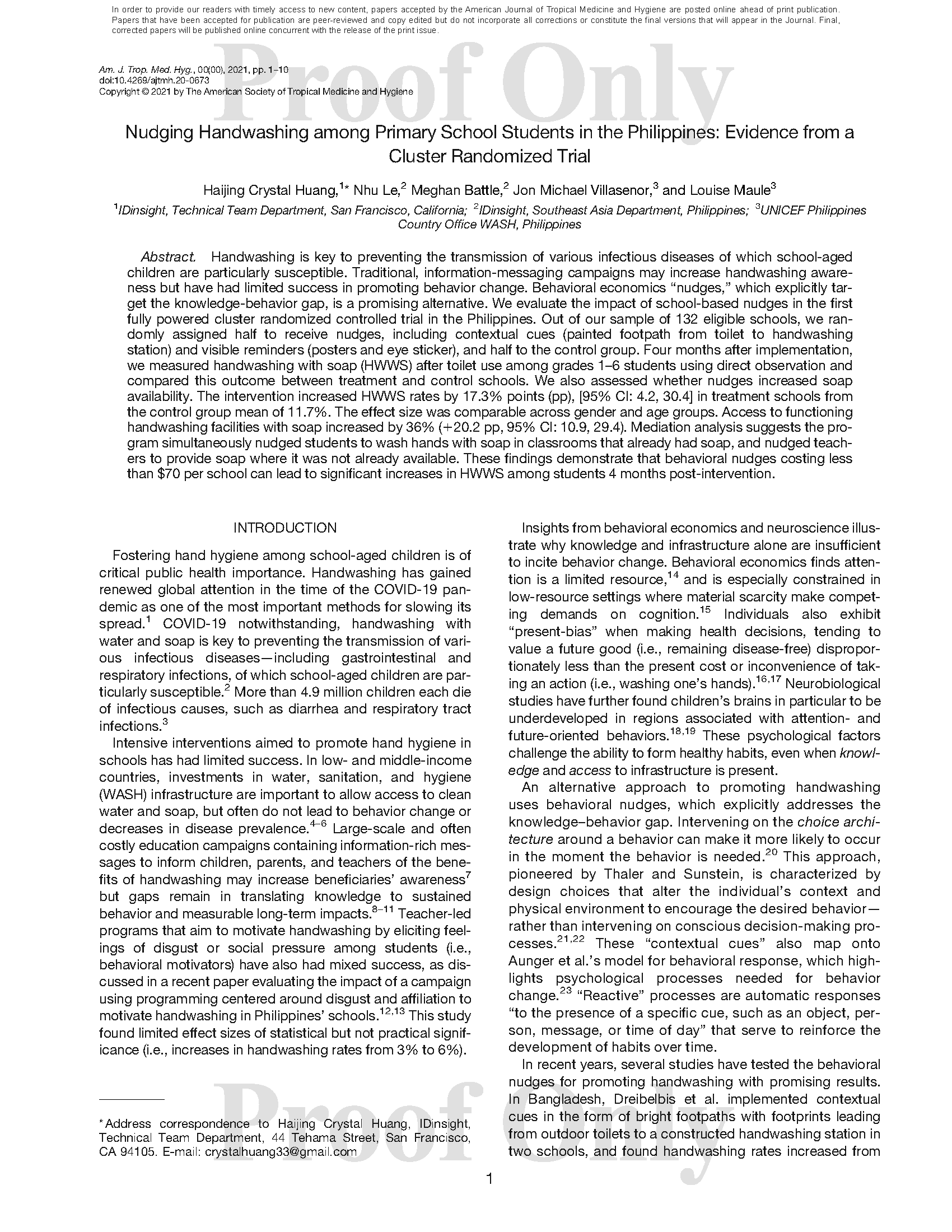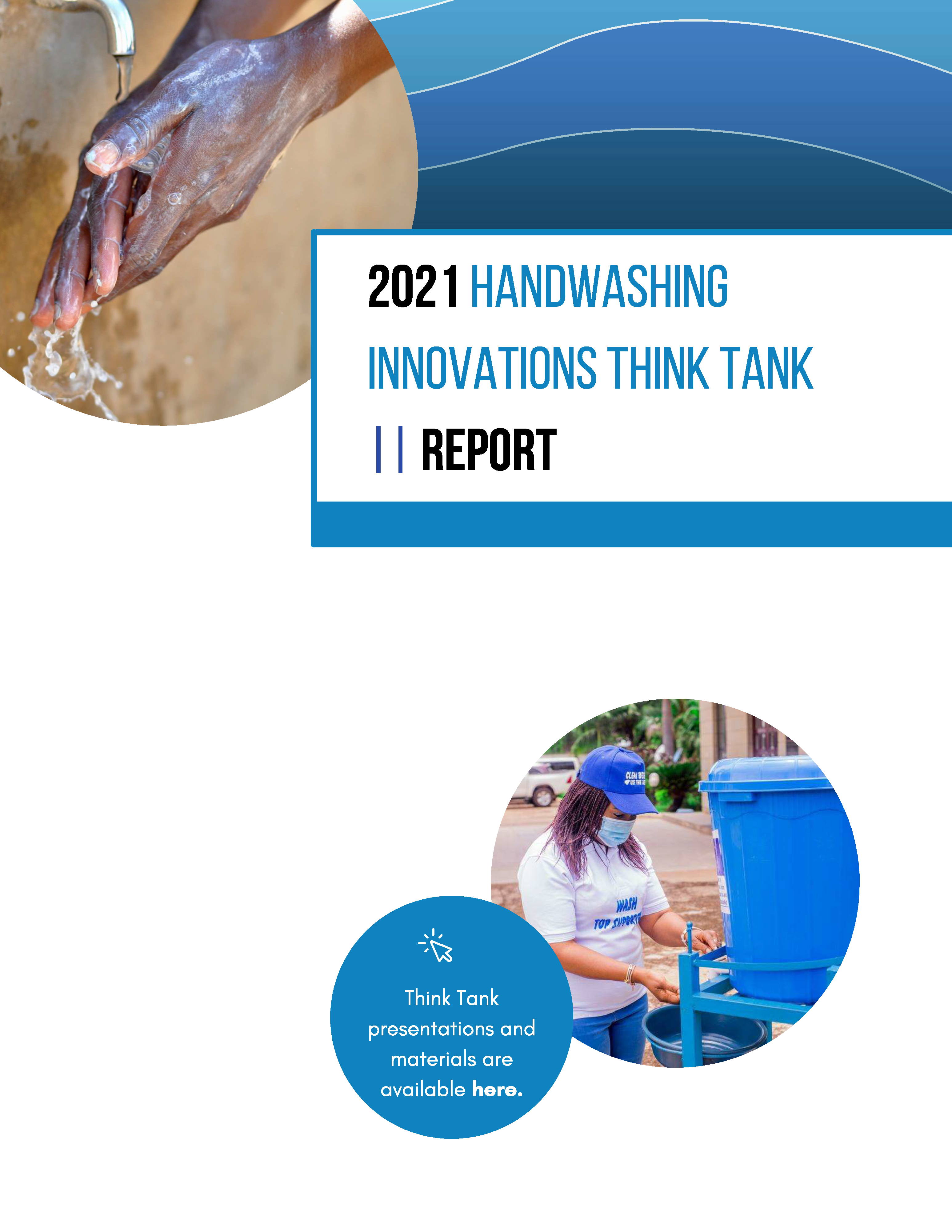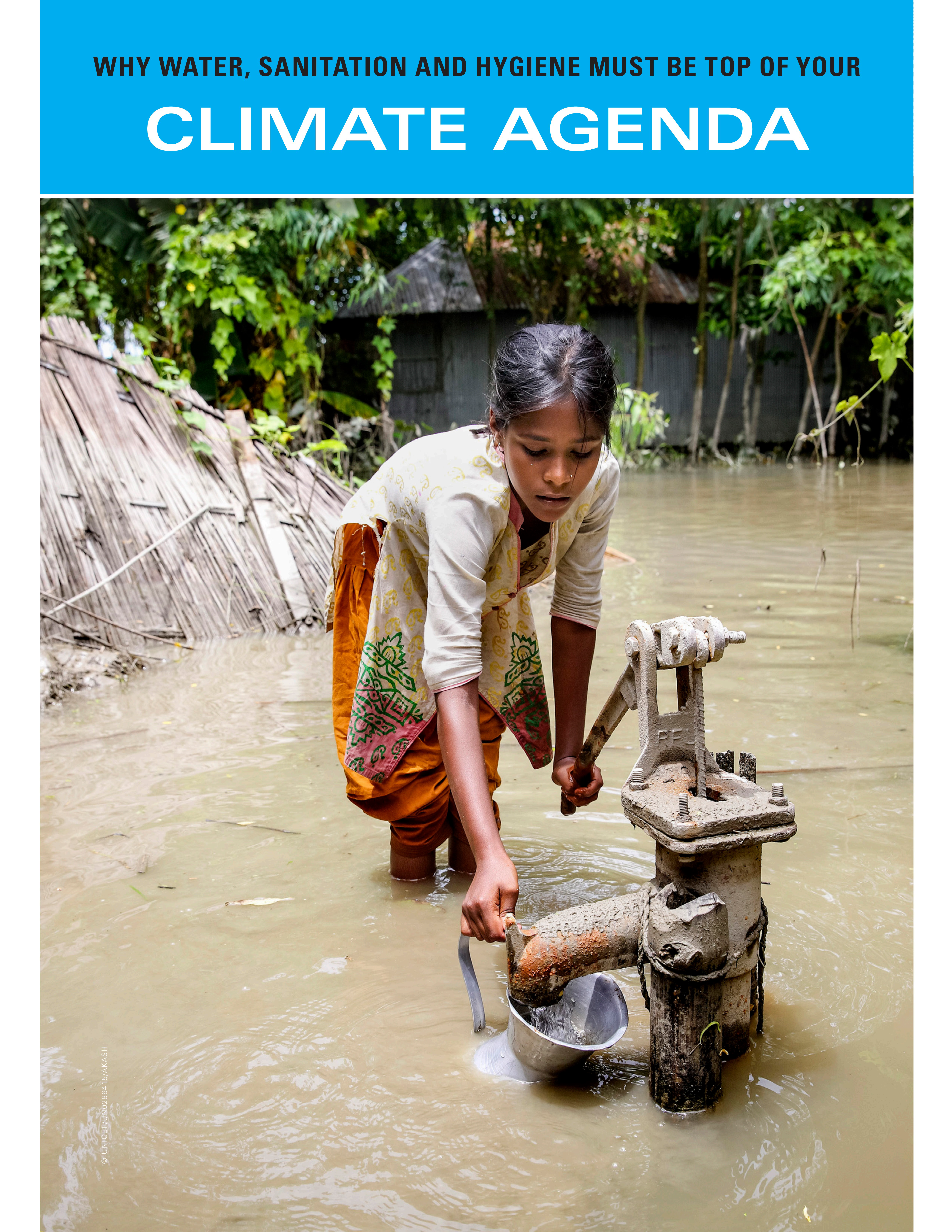Search Results
Empowering Women and Girls Through Private Sector Engagement: Lessons from SPRING
SPRING was a five-year business accelerator programme funded by FCDO, USAID, Australian Aid and The Nike Foundation. It supported business ventures to develop products and services to transform the lives of adolescent girls. A recent independent evaluation found that the programme reached over 2 million young women over a period of 5 years, by working with 75 businesses. The SPRING evaluators share their insights into which models, incentives and businesses are best suited to achieve lasting systemic change.Growing Partnerships: Collaborative Action and Co-Creation of Evidence to Transform Care of Infants and Mothers
To help plan and deliver frontline care, the MAMI Global Network developed the MAMI Care Pathway Package, an integrated care pathway approach for adaptation to country needs and services across fragile, conflict-affected, and development contexts. Quality evidence on this approach is urgently needed across multiple settings. Co-creation of evidence with multiple stakeholders and country leadership is critical to ensure evidence is driven by country agendas and plans for scalable and sustainable care within government systems and structures. Country conversations will showcase experiences from two countries, Ethiopia and India, on utilising cross-disciplinary and multi-level partnerships to co-create evidence around the management
Sanitation Possibilities Map
Authors:
PRO-WASH and iDE
Sector Type:
Water, Sanitation, and Hygiene
Year Published:
2021
Risk Analysis for Resilience Programming in Protracted Crises
Join REAL for the first discussion in a series of three, based on our recently published Resilience Rapid Learning Series. Our first discussion will focus on how continuous, granular, real-time risk analyses can help inform resilience-building interventions in protracted crisis contexts. Based on the learning brief Leveraging Crisis Analysis Towards Resilience-building Responses, we will discuss the relevance and applicability of rapid situational analysis tools—typically reserved for humanitarian settings—to resilience investments in protracted crises. The brief presents a case study in one such analytical method, Crisis Analytics at Mercy Corps, and its application to protracted crises in the Democratic Republic of
Nudging Handwashing Among Primary School Students in the Philippines
Authors:
IDinsight |
UNICEF Philippines
Sector Type:
Water, Sanitation, and Hygiene |
Hygiene |
Youth
Year Published:
2021

2021 Handwashing Innovations Think Tank Report
Authors:
Global Handwashing Partnership
Sector Type:
Water, Sanitation, and Hygiene |
Hygiene
Year Published:
2021
Inclusive Water, Sanitation and Hygiene (WASH) Workplaces
Authors:
Institute for Sustainable Futures, University of Technology Sydney
Sector Type:
Water, Sanitation, and Hygiene |
Diversity & Inclusion
Year Published:
2021

Why Water Sanitation and Hygiene Must be Top of Your Climate Agenda
Authors:
UNICEF
Sector Type:
Water, Sanitation, and Hygiene
Year Published:
2021